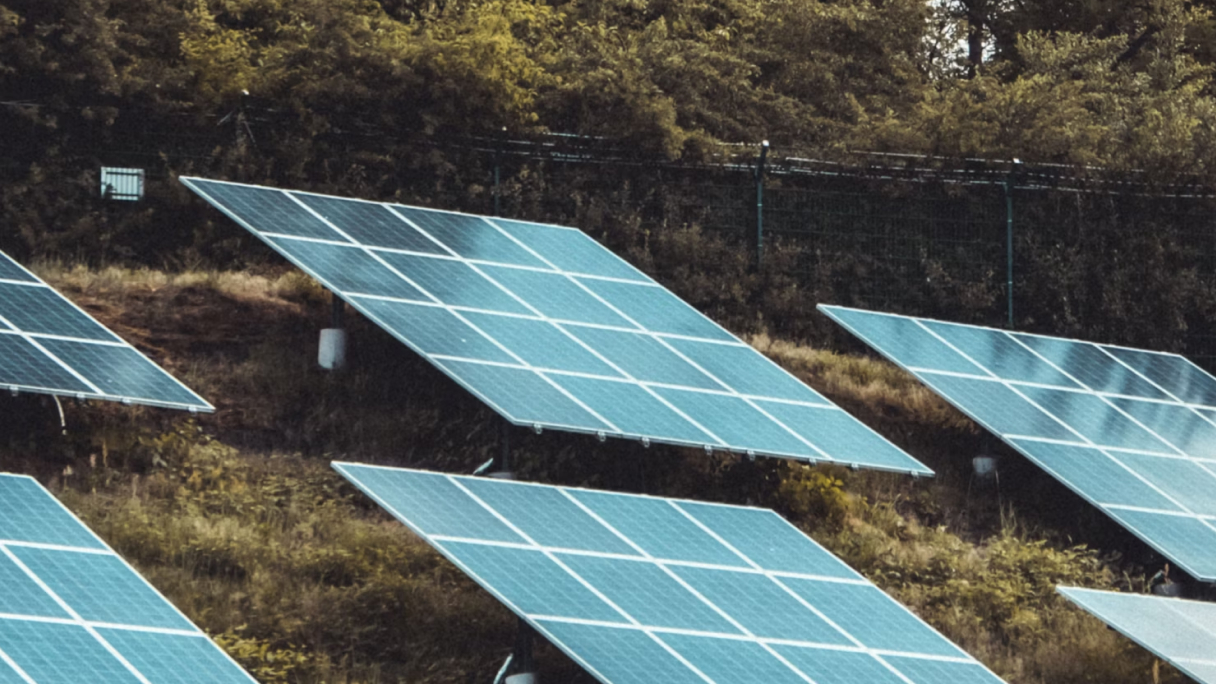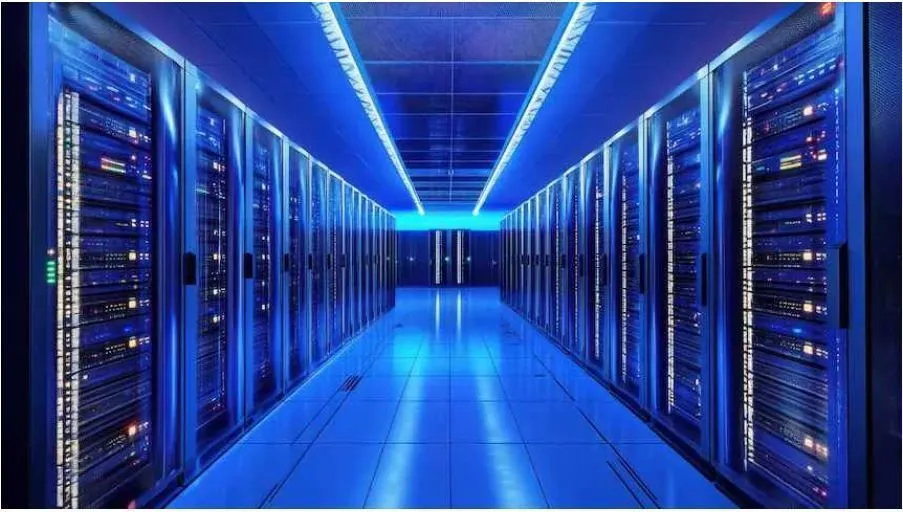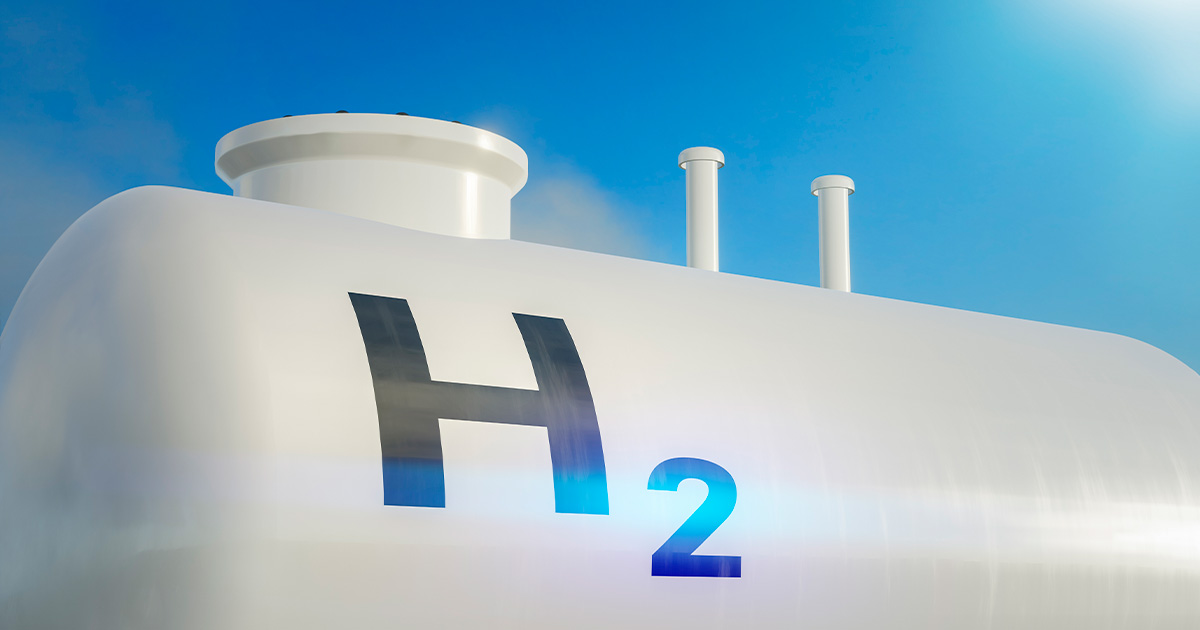I write this text from inside the plane that is taking me back to Florianópolis. I spent two days in Rio de Janeiro attending meetings, visiting energy sector companies, and catching up with dear friends and partners.
Although tired, I have always had difficulty sleeping on flights. And, without internet (and without tranquilizers – those are for long trips) in this old plane whose seat still has a hole shaped like an ashtray, I find myself reflecting on something I have studied for some time through the lens of Economic Analysis of Law.
Obviously, since this brand-new plane hasn’t provided me with other alternatives to pass the time, I will try to write in my own words – as I always try to do, but now without access to research or books that I usually rely on – about something that has long been on my mind and in my writings: the pain caused by legal and regulatory unpredictability in the electricity sector.
I often say – and it’s not just common sense – that insecurity and uncertainty about certain behaviors, choices, or decisions lead to risk-seeking behavior. Moreover, in the face of something unpredictable, human beings tend to overestimate positive outcomes. They become natural optimists and overly believe that “everything will work out.”
Kahneman teaches, in Thinking, Fast and Slow, that optimism is good for humans. It brings discipline, resilience, and drives people to act in pursuit of their goals and dreams. One could conclude that overestimating positive results, rather than negative ones, is something to be sought after – at least in terms of personal and professional growth. Perhaps it’s a conscious and consistent path to follow.
At this point, you may be wondering: and what’s the connection between this psychology and the energy sector?
With only 1% of battery left on my laptop, I will try to answer this with the following phrase: the optimist ventures into risk.
Delving deeper into the issue, due to the underestimation of potential negative events or outcomes of certain choices, the path that, at first glance, seems to bring something good in the future tends to be chosen.
In more pragmatic terms, in the legal field, for example, it’s not uncommon for both parties – and worse, the lawyers – to believe they can both win the conflict they are engaged in. And, probably, both parties have factual and legal reasons that can support their positions. The plaintiff’s lawyer has researched case law, seen that a particular court chamber decides in their favor, and found a specific precedent from the STJ that applies to their case. The defendant’s lawyer did the same and, to no one’s surprise, also found legal theories and rulings that perfectly fit their version of the facts.
Well, in terms of Economic Analysis of Law, what prolongs the existence and justifies the very birth of a conflict is the informational asymmetry between people. While João believes that A occurred and that the applicable law is Z, and Maria believes that B occurred and the applicable law is W, the distance between a possible consensual solution only increases. A lawsuit, as Steven Shavell says, is a risky undertaking, and in legal uncertainty, this risk tends to be sought or considered the best path to follow.
Unpredictability, therefore, encourages the filing of lawsuits. And worse, it encourages this even more by working on the intuition of the parties and their lawyers, making them feel that “I can win,” rather than a well-deliberated decision.
And, unconditionally, none of this is different from the decisions made in energy-related conflicts. Administrative decisions carry the same weight – if not more – as those made in legal settings when it comes to the electricity sector. Entrepreneurs, energy investors, and even corporate society base some of their decisions on the dance of regulatory agencies – ANEEL, ANP, MME, among others. Occasional dissonant administrative decisions over time and constant regulatory and normative changes not only harm businesses and the market but also make those involved dangerously optimistic in their decisions.
As a way to mitigate potentially erroneous choices and provide an antidote to the intoxicating potion that is sometimes revealed in the form of the optimism bias, the first step is to become aware of this interaction the human brain makes between unpredictability, optimism, and risk. Knowing that humans try, but most of the time cannot achieve the optimal decision because it is impossible to exclude subjective and inner factors from their decision-making architecture, may make you think a little harder before choosing a particular path. Playing the “devil’s advocate” and thinking as though you were the opposing party for some time also helps reduce the strength of the optimism bias.
Even more so, if you are not interested in cognitive biases, nor in understanding the human decision-making process – a key focus of economics – just striving for common sense and decisions that aren’t based solely on the unknowable reason of “just because” can be of great value.
Now, with less than 0.5% battery left, I must set aside the optimism that I will be able to write more to you on this topic and, by concluding this article at this moment, hope that I am only a few kilometers away from the Florianópolis airport. I also hope that the brief words I’ve written here provide you with some good reflections.


